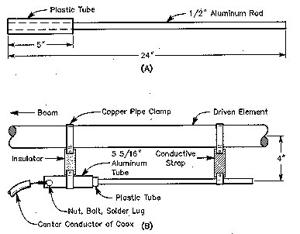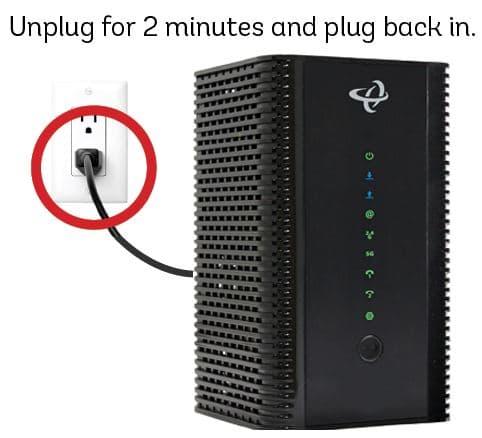When it comes to choosing the right battery cable for your vehicle, understanding the cable gauge is crucial. One of the most common sizes used in automotive applications is the 4 gauge (AWG) battery cable. In this comprehensive guide, we’ll explore the specifications, benefits, and best practices for using 4 gauge car battery cables.
Understanding Cable Gauge and Wire Size
The American Wire Gauge (AWG) system is used to measure the diameter of electrical conductors, including battery cables. The lower the gauge number, the thicker the wire. For example, a 4 gauge cable is thicker than a 6 gauge cable.
The diameter of a 4 gauge battery cable is approximately 0.2043 inches (5.19 mm). This thicker wire allows for higher current carrying capacity and lower resistance compared to smaller gauge cables.
Specifications of 4 Gauge Battery Cables
A standard 4 gauge battery cable typically has the following specifications:
- Conductor Material: Pure copper (OFC – Oxygen Free Copper)
- Number of Conductor Strands: 420 – 665
- Outer Diameter (O.D.): 0.35 – 0.44 inches (8.89 – 11.18 mm)
- Insulation: PVC or Cross-linked Polyethylene (XLPE)
- Temperature Rating: -49°C to 105°C (-56°F to 221°F)
- Voltage Rating: Up to 600 volts DC
These specifications ensure that 4 gauge battery cables can handle the high currents and harsh conditions found in automotive applications.
Benefits of Using 4 Gauge Battery Cables
There are several advantages to using 4 gauge battery cables in your vehicle:
- Higher Current Capacity: The thicker wire allows for higher current flow, making it suitable for high-performance electrical systems and accessories.
- Lower Voltage Drop: Thicker cables minimize voltage drop, ensuring that your electrical components receive the proper voltage for optimal performance.
- Increased Durability: 4 gauge cables are more resistant to damage from heat, abrasion, and chemicals, providing a longer lifespan.
- Improved Efficiency: By reducing resistance, 4 gauge cables allow for more efficient power transfer from the battery to the electrical components.
Comparing 4 Gauge to Other Common Battery Cable Sizes
While 4 gauge is a popular choice for battery cables, it’s essential to understand how it compares to other common sizes:
- 6 Gauge (AWG): Thinner than 4 gauge, with a lower current capacity. Suitable for most standard automotive applications.
- 2 Gauge (AWG): Thicker than 4 gauge, with a higher current capacity. Often used in high-performance or heavy-duty applications.
- 1/0 Gauge (AWG): Significantly thicker than 4 gauge, with an even higher current capacity. Used in extreme high-performance or industrial applications.
Choosing the right gauge depends on your vehicle’s specific electrical requirements and the accessories you plan to install.
Best Practices for Installing and Maintaining 4 Gauge Battery Cables
To ensure optimal performance and safety when using 4 gauge battery cables, follow these best practices:
- Proper Sizing: Always choose a cable gauge that meets or exceeds your electrical system’s current requirements.
- Secure Connections: Use high-quality terminals and connectors, and ensure that all connections are clean and tight to prevent resistance and heat buildup.
- Protect from Damage: Route cables away from heat sources and sharp edges, and use protective sleeves or conduits where necessary.
- Regular Inspection: Periodically check cables for signs of damage, corrosion, or loose connections, and replace or repair as needed.
By following these guidelines, you can maximize the performance and longevity of your 4 gauge battery cables.
Conclusion
4 gauge battery cables are a reliable and efficient choice for many automotive electrical systems. With their high current capacity, low voltage drop, and durability, these cables can help ensure optimal performance and reliability. By understanding the specifications, benefits, and best practices associated with 4 gauge cables, you can make an informed decision when upgrading or replacing your vehicle’s battery cables.
Remember to always choose high-quality cables from reputable manufacturers, and follow proper installation and maintenance procedures to get the most out of your electrical system. With the right knowledge and components, you can enjoy the benefits of a high-performance, reliable electrical system for years to come.


![[Windows 8] How to share Internet connection with your phone, tablet, other computers, and other dev](https://www.800908.com/wp-content/uploads/2021/10/1224-6.png)

